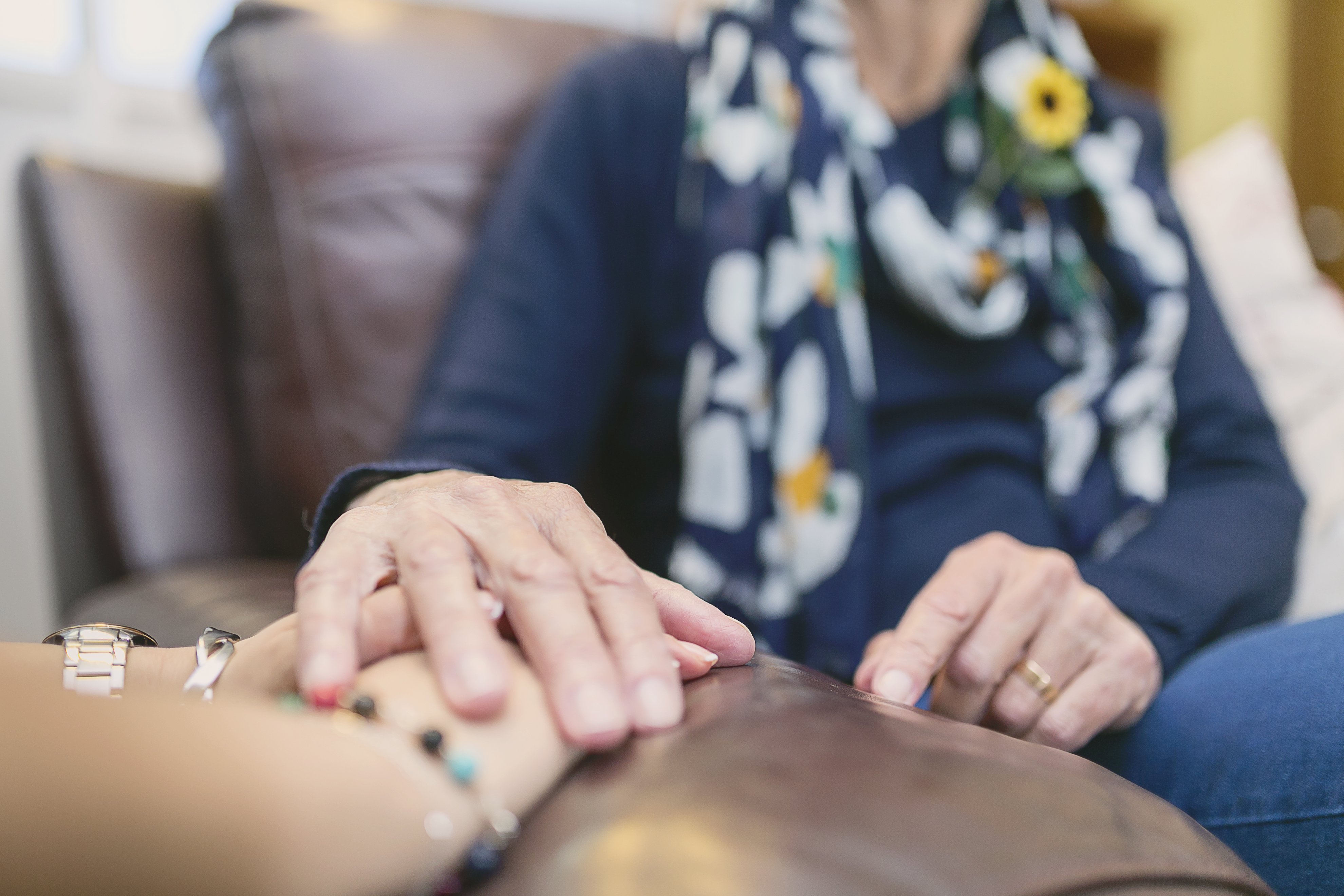Our Psycho-Social Programme
We offer a specialized and individualized psychological and social programme for the patient and the families, that helps them confront a difficult situation.
This psychological attention is also given to the families during a difficult time. Financial assistance is received from Obra Social (Social Work) La Caixa within its Integral Program of Aid to People with Advanced Diseases and to their Families.
Addressing the psycho-social needs of a person with a with advanced cancer and other illnesses without the possibility of cure is one of the key areas of palliative care. These needs are in relation with the context of the person and family and their ways of adjusting to their changing circumstances. Their personalities, emotions, and social circumstances as well as their physical condition are part of the position in which people find themselves. Psychological and social interventions are other tools that the teams can use. These help patients, and the people closest to them, control negative reactions and find new ways to come to terms with the situation and increase their feelings of control over the situation they find themselves in at the end of life.
The psycho-social programme is focused on giving solutions in the emotional or social context of patients or family members, who are being looked after in any of the Cudeca programmes, and to support staff and volunteers.
Anyone who is being attended by Cudeca, also their family, has access to this care given by a highly trained psychologist and a social worker with many years of experience and training.
Psychologist Care
The psychologist assesses the emotional needs of the people referred to her, incorporating her expertise into the individual care plan. She is able to treat patients and families in their own homes, in the Out-patient Clinic, the Day Centre or in the In-patient Unit. Some of her interventions are on a one-to-one basis while others are in groups with the patients and their families. Bereavement follow-ups take place in those who have a high risk of developing a traumatic reaction to the death of a loved one. The volunteers also have the psychologist available if they find their work difficult.
Social Care
The social workerattends to family, work and various social problems of the patients and families finding solutions to these kinds of problems that arise during the path of a terminal disease. The social worker is able to contact other health institutions, community social services and specialist NGOs. Similarly to the psychologist the social worker can attend to patients and families in their own homes, in the Out-patient Clinic, the Day Centre or in the In-patient Unit. .
Bereavement support is provided because families need someone to talk to when someone close has died. Under normal circumstances, support of this nature will come from family and/or friends, but sometimes the option of talking to someone who is not personally involved can help, especially if that person has professional training. Bereavement support is given as families need someone to talk to when someone close has died. Much of this support may come from friends and family. But sometimes it can help to talk to someone who is independent and professionally trained to give support.



